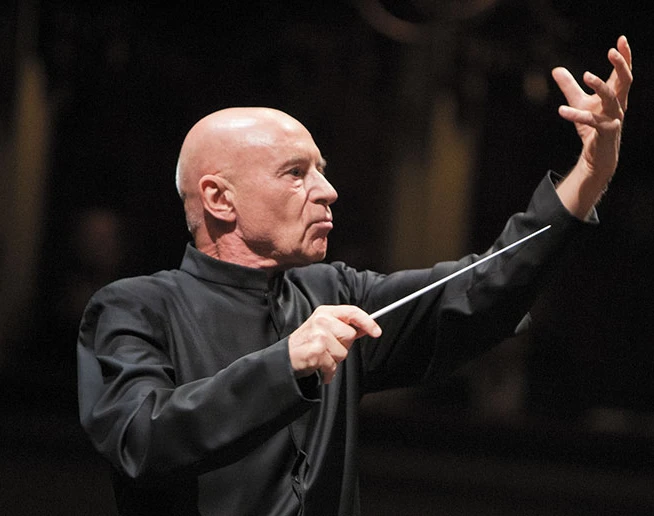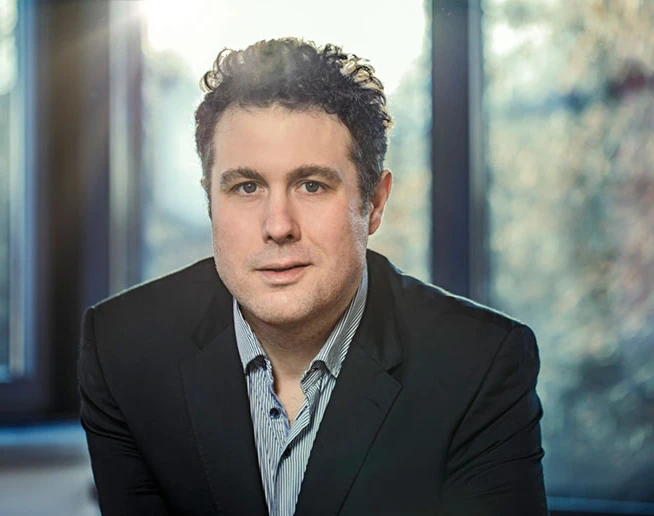Johannes-Passion
Johann Sebastian Bach
The first of the great works Bach composed for Leipzig and one of the highlights of his choral catalogue.
Dates
Mary Bevan | soprano
Paula Murrihy | mezzo-soprano
Laurence Kilsby | tenor
Raoul Steffani | bass
Mark Padmore | direction and tenor (The Evangelist)
Orchestra of the Age of Enlightenment
Choir of the Enlightenment
Sung in German with French and English subtitles
At the end of the concert
Jacob Handl Ecce quomodo moritur
About
The musical interpretation of the last days of Christ's life is a tradition that began in early Christianity. The first manuscript sources date back to the ninth century. The genre evolved little until the 14th century, mainly with the gradual introduction of the differentiation of roles (the narrator, Christ, etc.). It was through the Lutheran reform at the beginning of the 16th century that it gained its letters of nobility, both by imposing that the text be sung, no longer in Latin, but in German in order to be understandable by all, and above all, under the influence of Italian opera, by developing a much richer polyphonic form, henceforth alternating recitatives, arias and large choral pages. St John Passion, composed in 1723-24 for Leipzig, was the first large-scale work written for this city, where Bach had recently settled and for which he would write a good half of his cantatas as well as the Christmas Oratorio. Even today, this majestic work, which is striking for the beauty of the arias performed by the soloists and the intensity of its choral parts, is considered one of the peaks of the composer's work.
PRODUCTION Théâtre des Champs-Elysées

